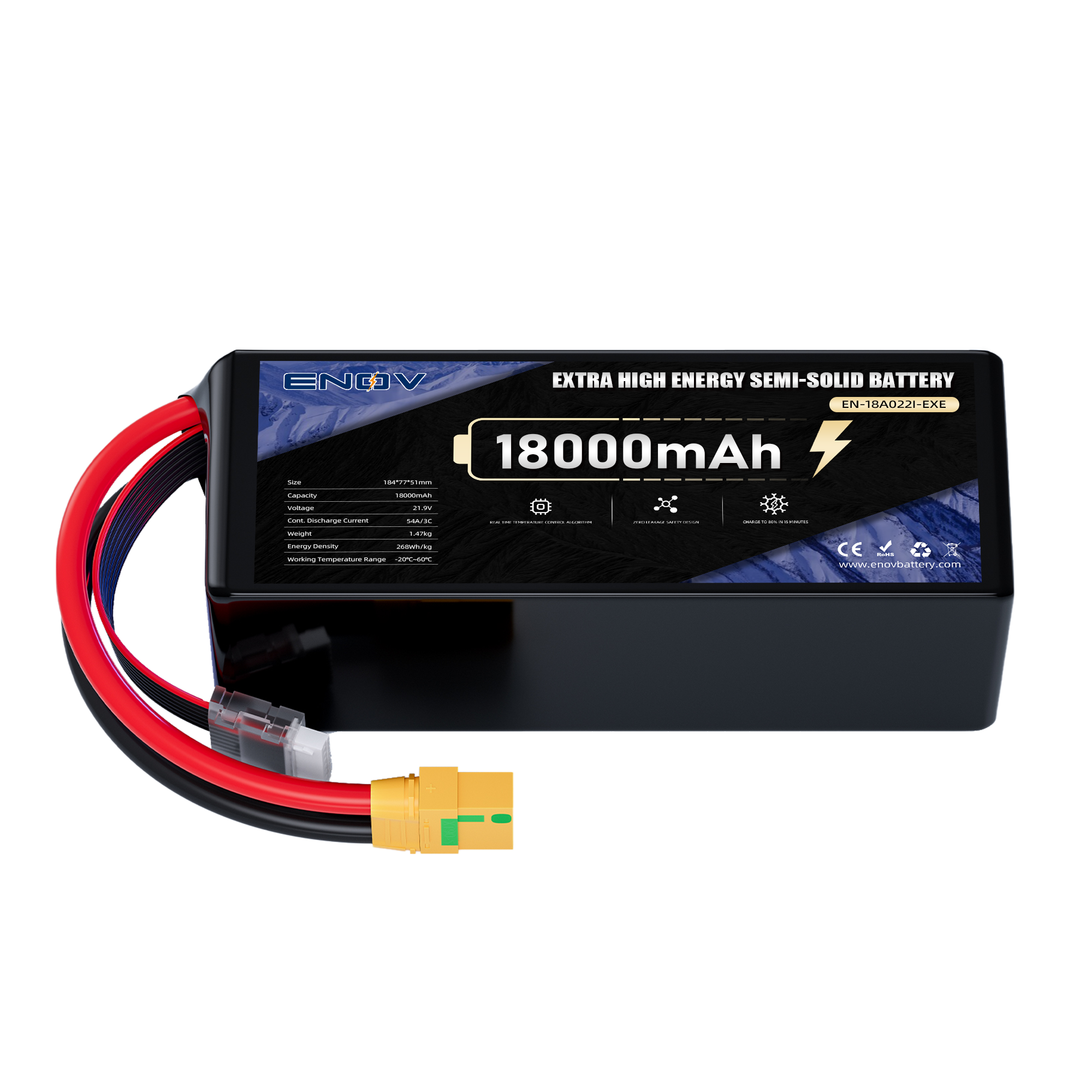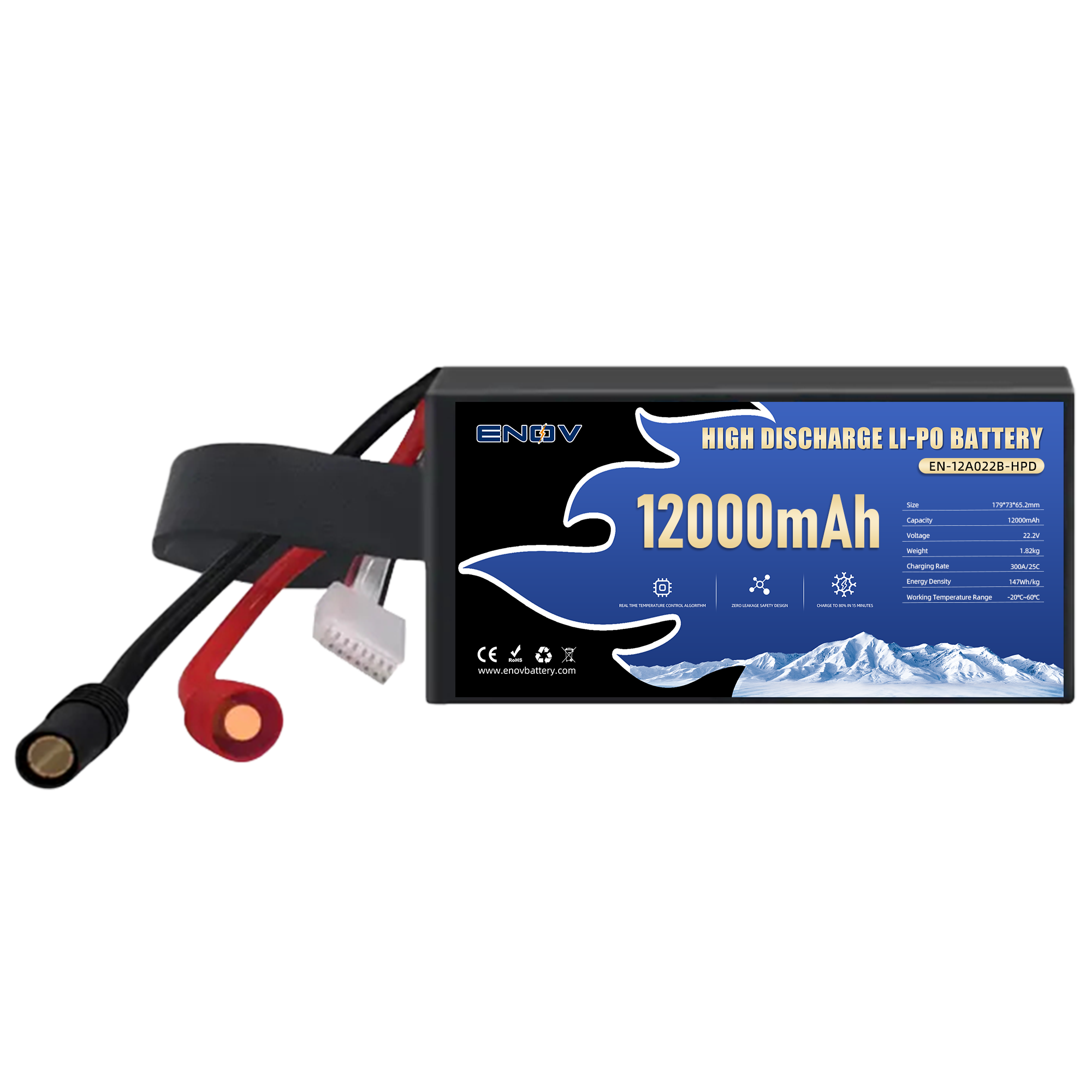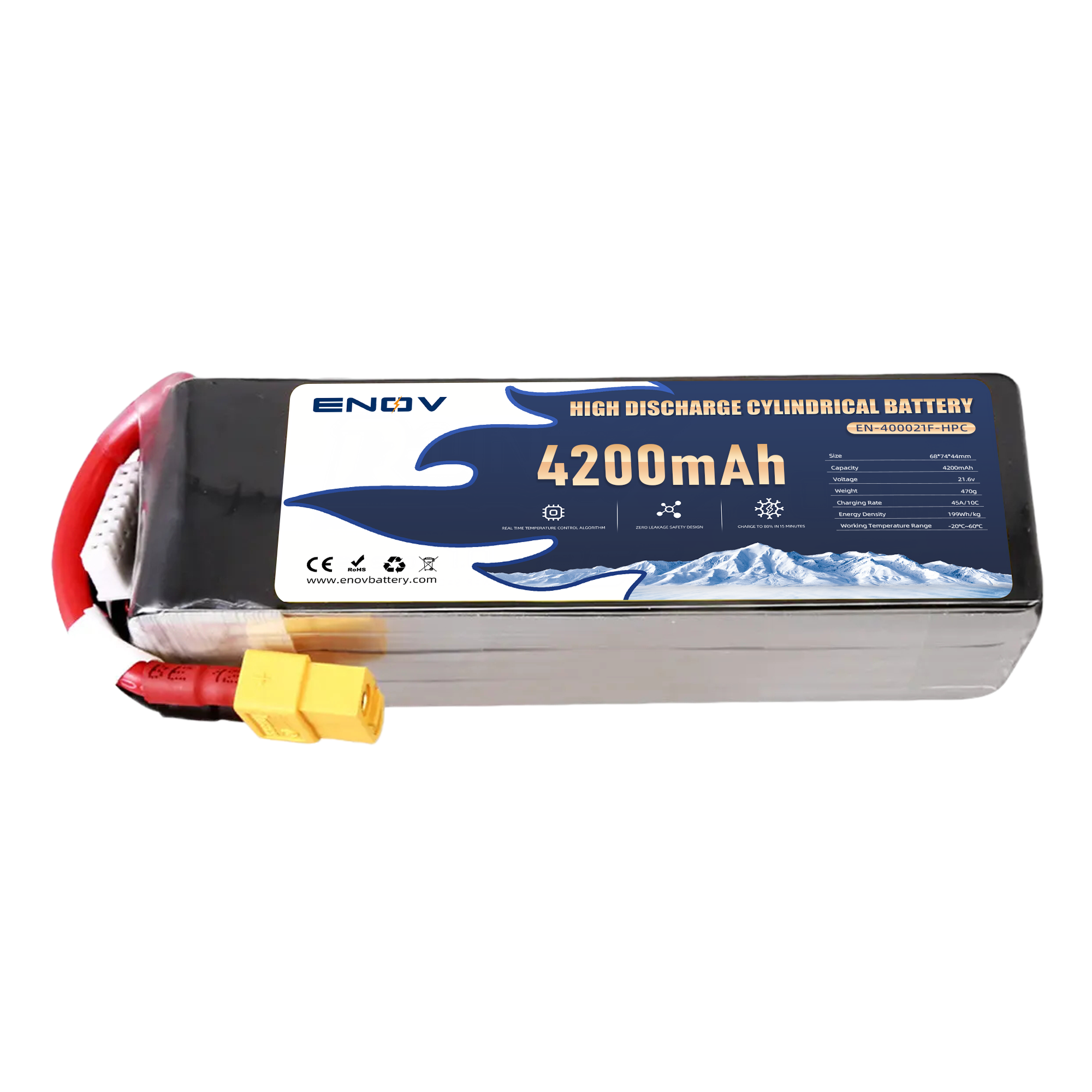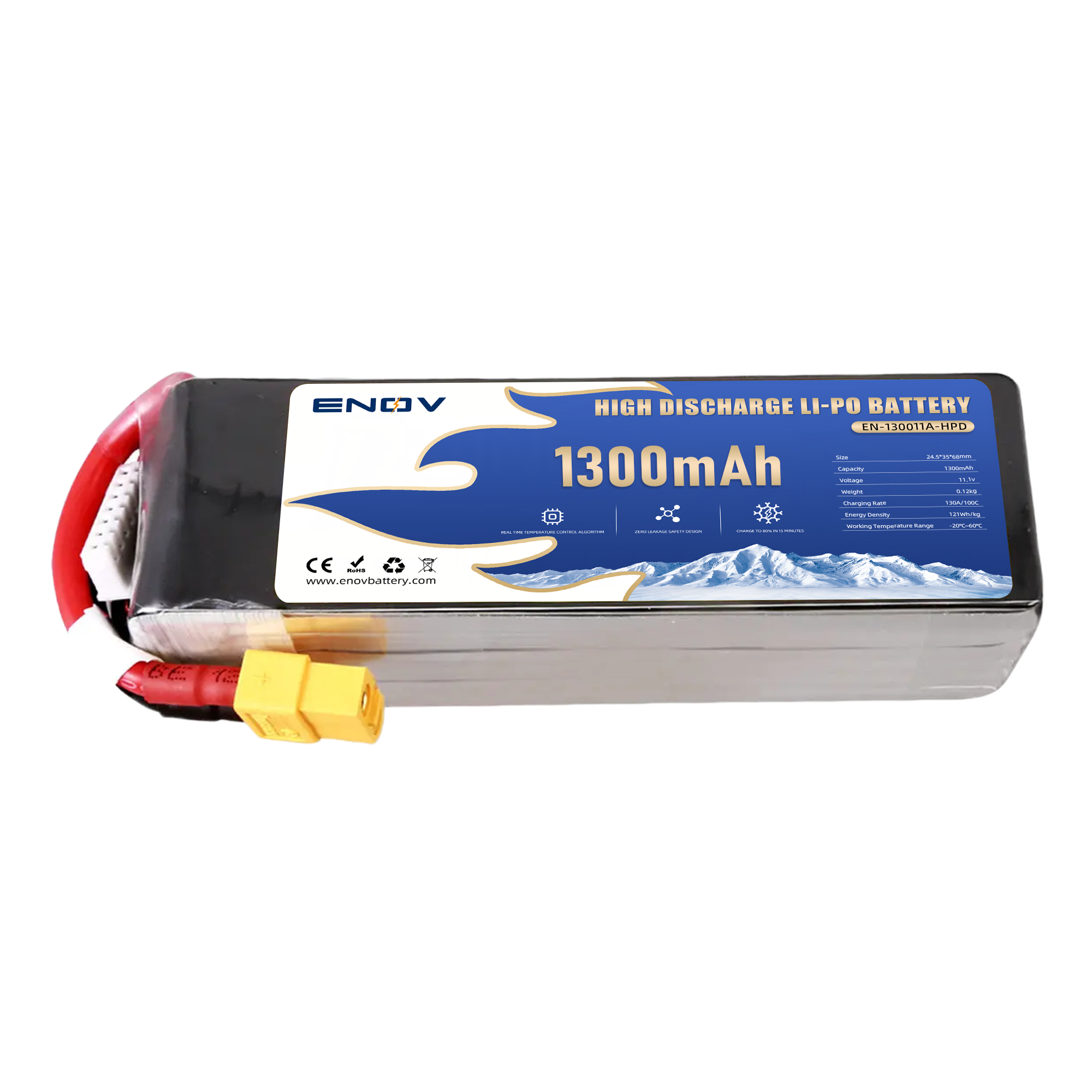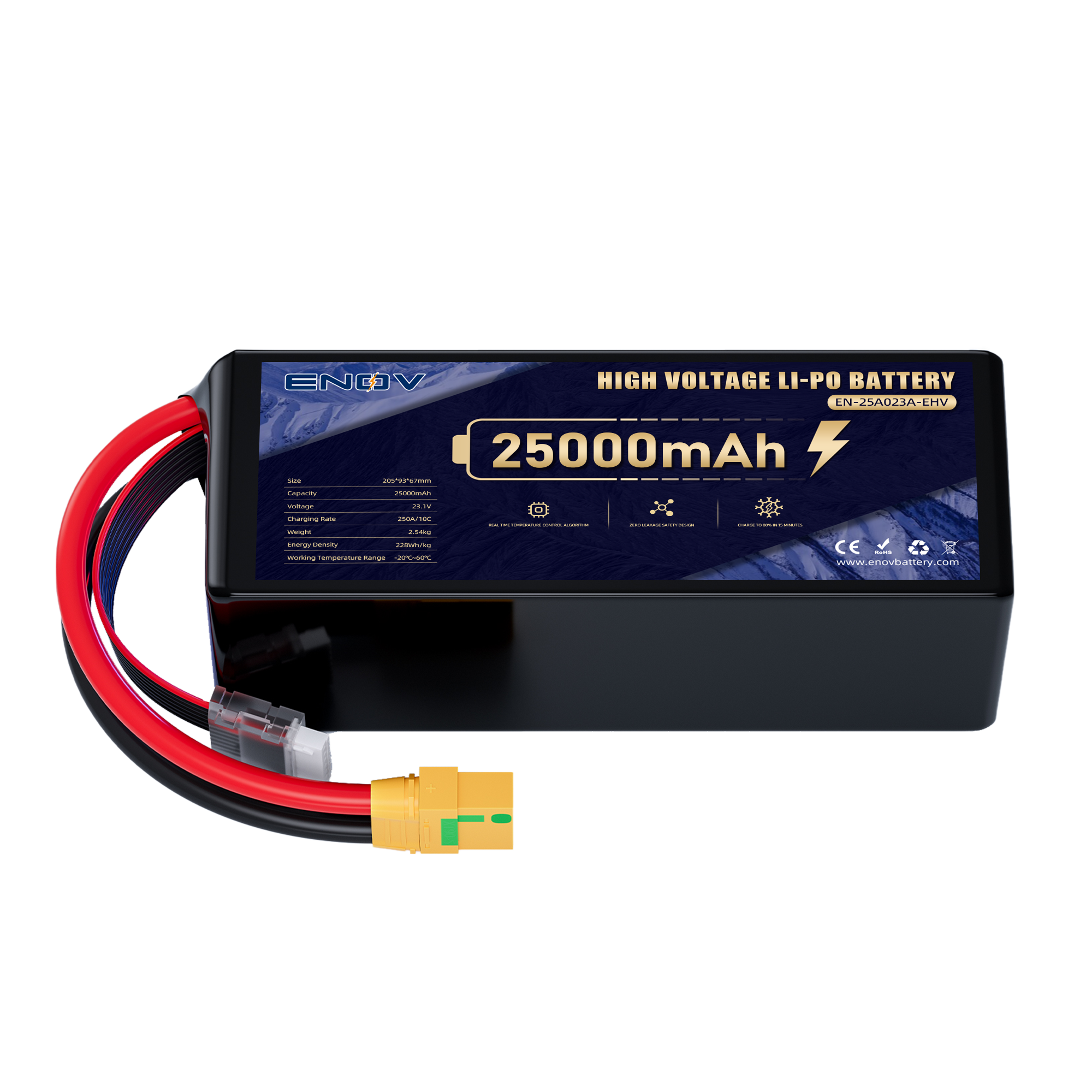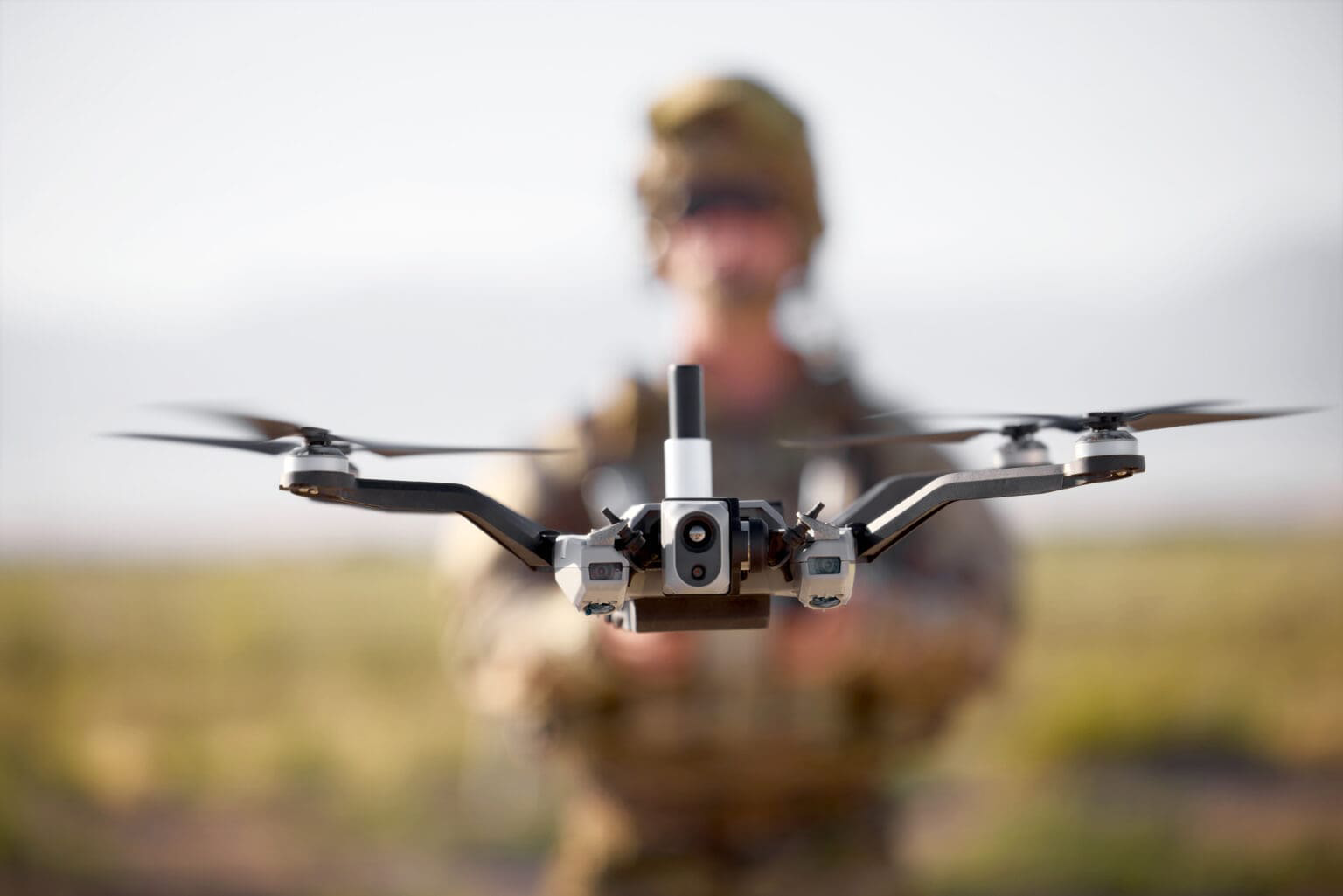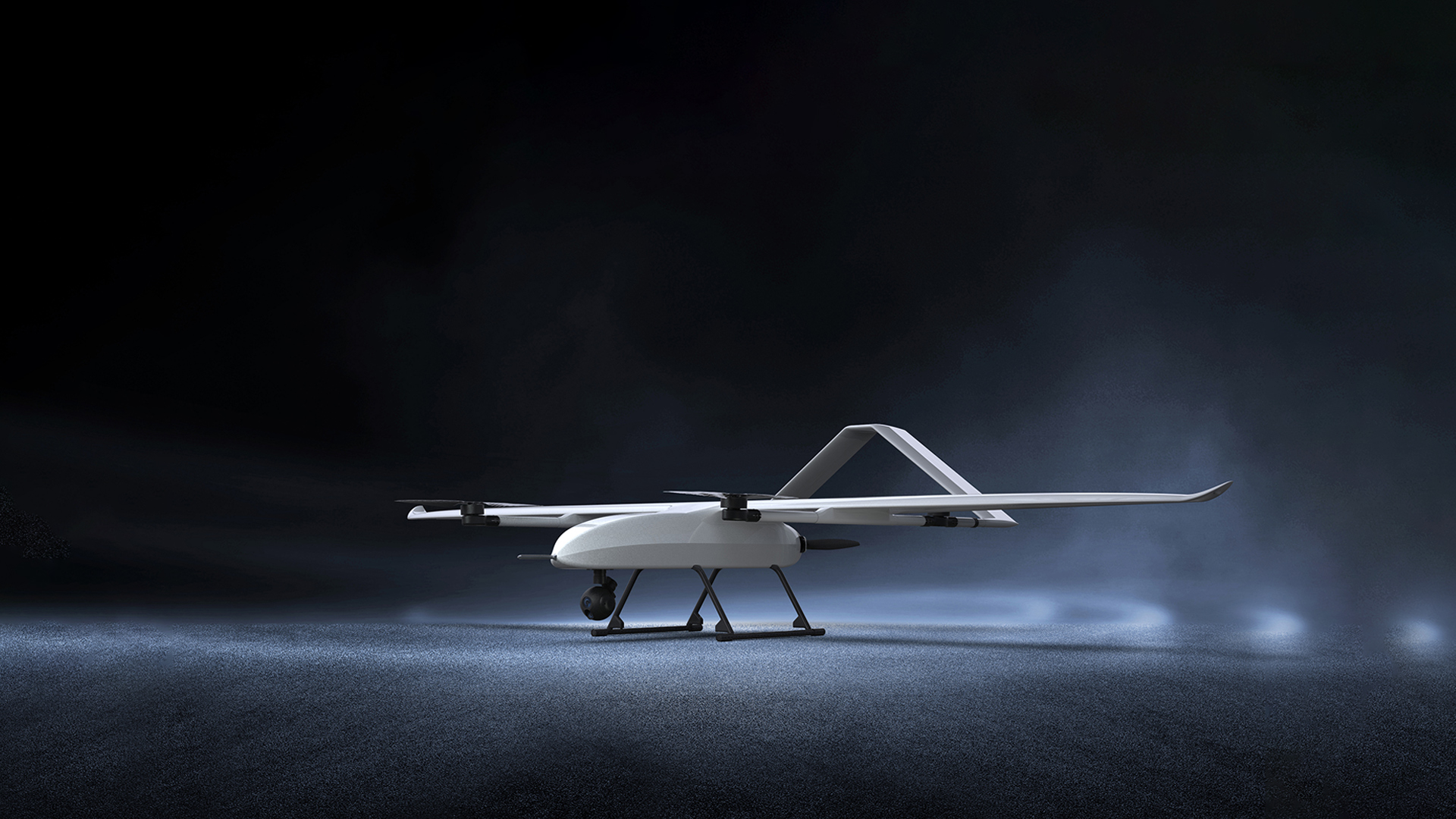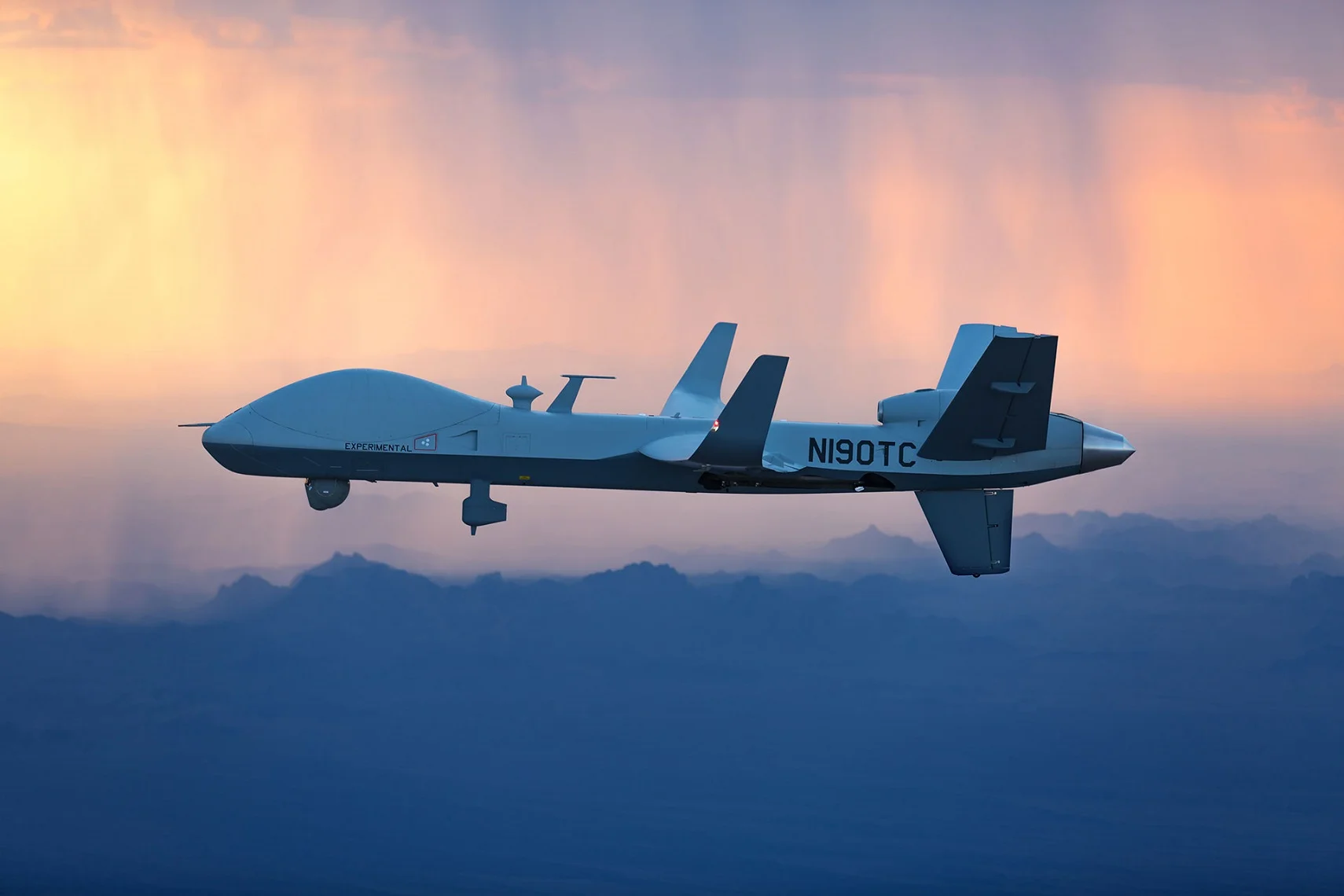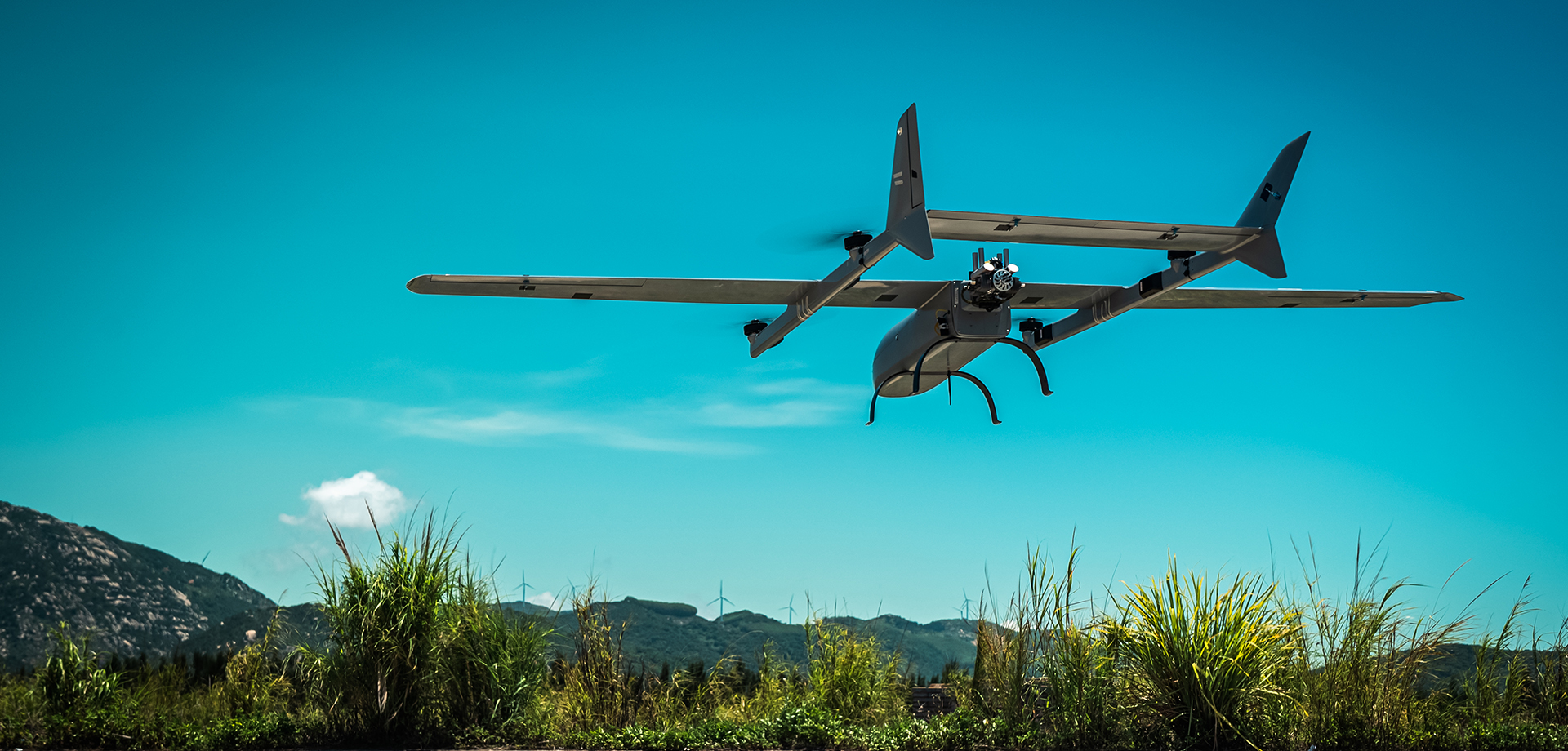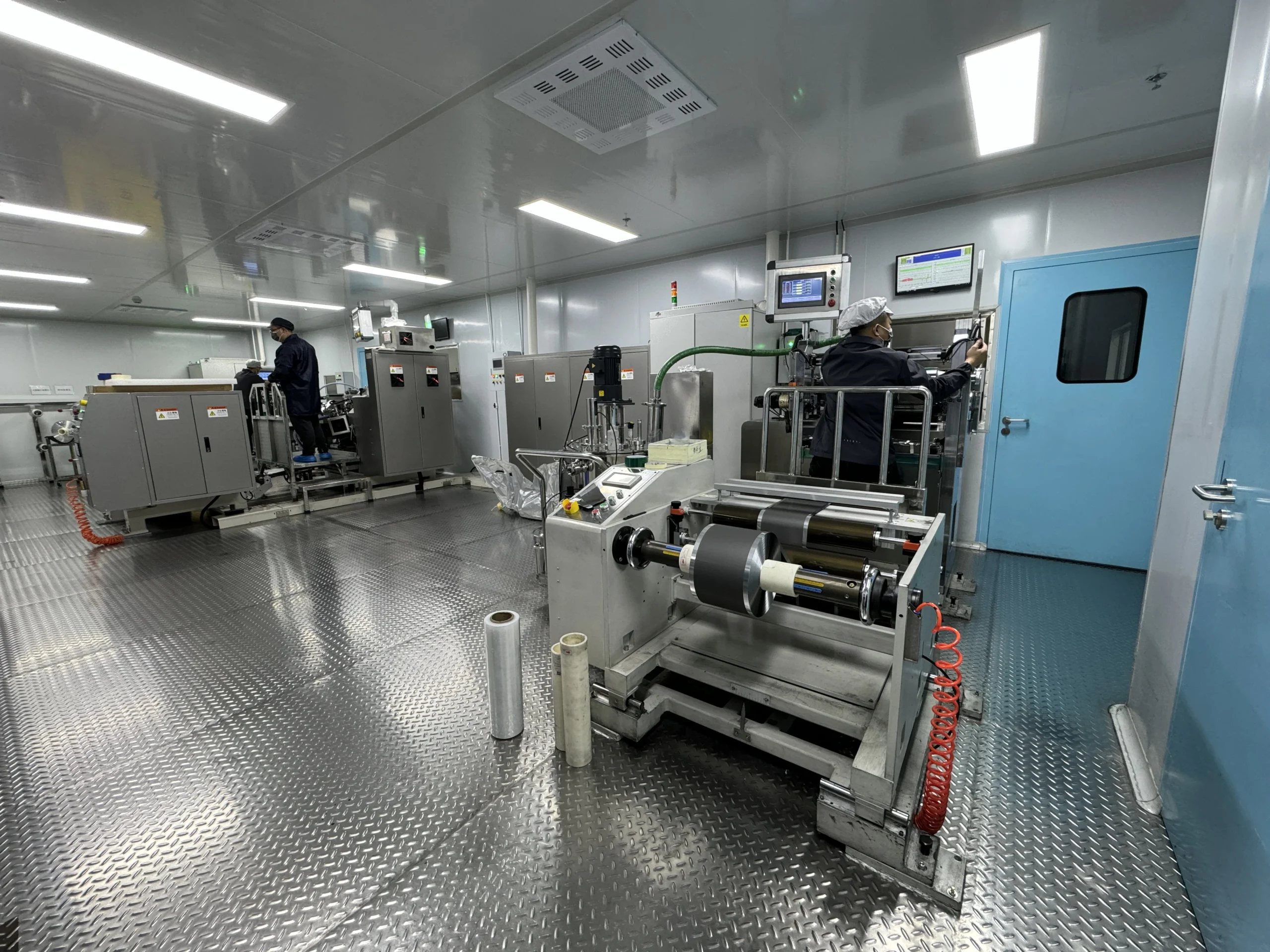Antarctic Research Station Validation: Self-Heating NMC Battery Technology Proves Reliable at -50°C
main content
For polar expeditions and satellite communications in Earth’s harshest environments, lithium batteries must defy extreme cold while delivering instant power. Nickel-manganese-cobalt (NMC) batteries equipped with autonomous self-heating technology now operate flawlessly at -50°C, as validated by a 24-month deployment at Antarctica’s Princess Elisabeth Station. These systems maintain 95% energy availability during polar night conditions, enabling uninterrupted drone operations for ice-core sampling, equipment resupply, and emergency response without external heating infrastructure.
The innovation integrates micro-sheet heating elements embedded between NMC811 cells, powered by a fraction of the battery’s stored energy (3% SOC per activation). When temperatures drop below -30°C, AI algorithms trigger pulsed heating (5s on/10s off) to elevate cell cores to -10°C within 90 seconds—consuming only 0.8% capacity per cycle. Third-party IEC 62660-3 testing confirms:
500 cold-start cycles (-50°C to 20°C) with ≤2% capacity fade,
98% voltage retention during 10C discharge at -50°C (vs. 40% in standard NMC),
UL 1642-certified resilience against thermal shock during rapid 70°C temperature swings.
During the 2024 Antarctic winter mission:
48V/20Ah NMC packs powered drones through 98 consecutive flights at -45°C, achieving 22-minute flight times (vs. 6 minutes for unheated LiFePO4),
Neutron imaging confirmed uniform lithium distribution in anodes post-cycling, with SEI layer growth limited to 8nm (vs. 50nm in non-heated cells),
Zero battery-related mission aborts despite -52°C wind chill and 98% humidity.
Procurement mandates:
1.Certification: IEC 62133-2 compliance for low-temperature operation and MIL-STD-810H Method 502.6 validation.
2.Energy efficiency: Third-party reports proving ≤1.2% SOC consumption per -50°C cold start.
3.Traceability: Full material disclosures (REACH/RoHS) and conflict-free mineral sourcing (RMI audit-ready).
A 2023 NASA-funded study identified self-heating NMC as critical for Mars rover analog testing in Antarctic conditions. For procurement teams supporting polar or deep-space analog missions, -50℃ resilience isn’t optional—it’s the baseline for operational survival. Partner with innovators who engineer cold defiance into every cell, because when failure isn’t an option, compromise freezes progress.
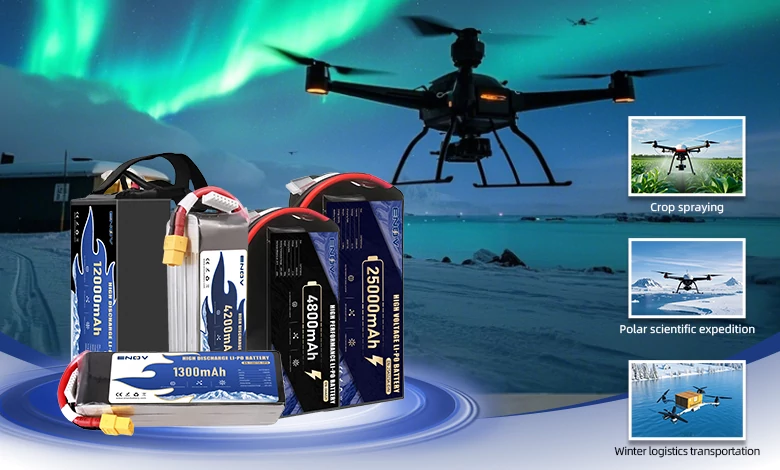
UAV DRONE battery
Enov UAV battery has the most advanced UAV battery new technology, it has a lightweight structural design, ultra-high energy density, stable continuous discharge, customized ultra-high instantaneous discharge, wide temperature working range, stable charge and discharge, battery materials can choose high nickel terpolymer positive/silicon carbon negative material system combined with semi-solid battery technology. Or choose a more mature application of more UAV lithium battery technology, available UAV battery nominal voltage 3.7V, capacity 18.0Ah ~ 30.0Ah, support 10C continuous discharge and 120C pulse discharge (3 seconds). With ultra-high energy density (220-300Wh/kg) as its core advantage, Enov UAV batteries can meet the needs of long-term endurance scenarios such as plant protection drones and transport drones, while maintaining stable emission performance in extremely low temperature environments (-40℃).
Other products
START-STOP LITHIUM BATTERY
LITHIUM ENERGY STORAGE BATTERY
QUICK INQUIRY
FAQ
Access to high frequency technical questions with one click, get accurate answers on product application, after-sales policy and customization process.
Service and Support
Get the latest product specifications, explore professional OEM/ODM customization services, click to open exclusive technical support and production solutions.
Become a Partner
We sincerely invite resources to interconnect, work together for win-win development, and immediately open a new chapter of strategic cooperation!
